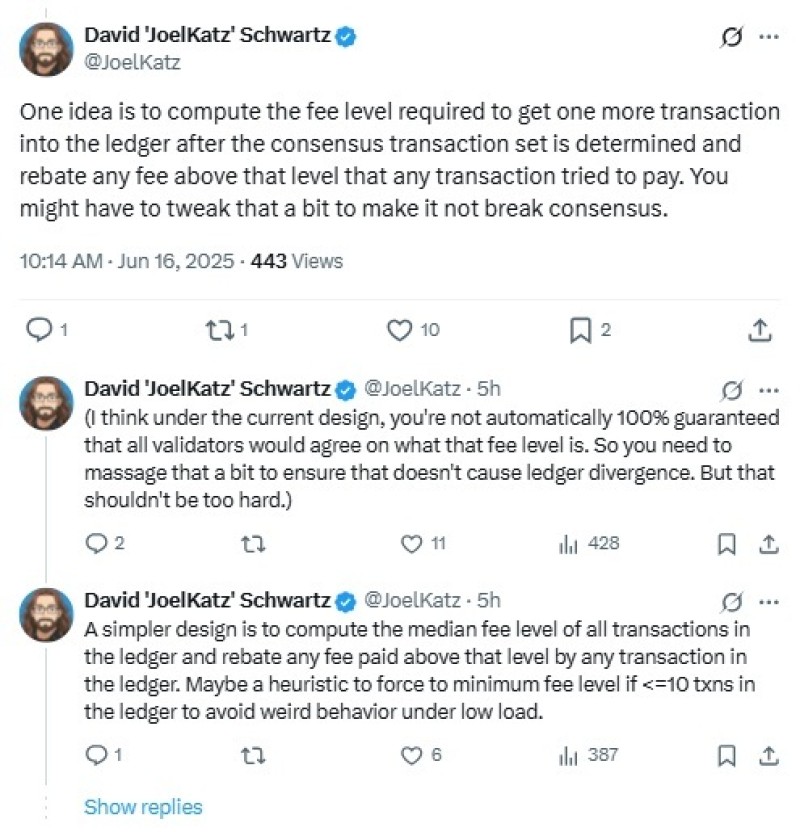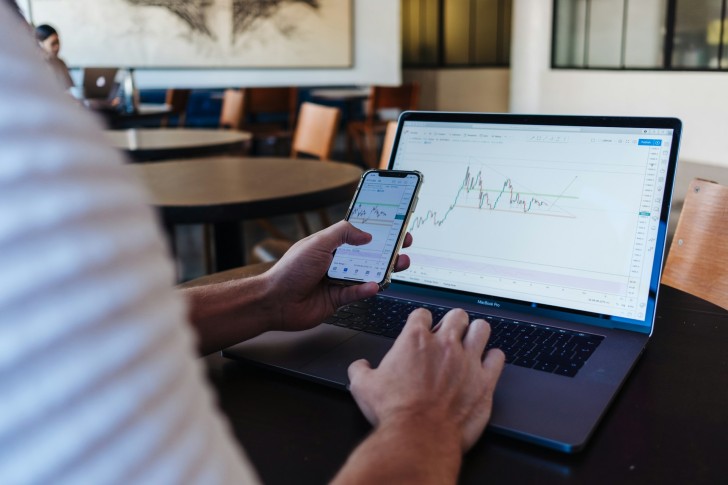Ripple's tech boss David Schwartz just shared two wild ideas that could fix the annoying overpayment problem XRP (XRP) users deal with every time they make transactions. His proposed fee rebate system might finally give crypto users their money back when they pay too much.
Why XRP Users Keep Getting Ripped Off on Transaction Fees
So here's the deal - Ripple's Chief Technology Officer David Schwartz was basically thinking out loud on X (formerly Twitter) when he dropped these two game-changing ideas for fixing blockchain transaction fees, especially on the XRP Ledger. He got developers, regular users, and crypto nerds all talking about how to make fees fairer without breaking the whole system.

Right now, the XRP Ledger works like this: fees change based on network demand, but once you pay, that money's gone forever. Even if you overpaid by a ton just to make sure your transaction went through, too bad - that extra cash gets burned. It's been bugging people for ages because it's basically punishing users for being cautious.
Schwartz's First Fix: Give XRP Users Their Money Back
The first idea Schwartz threw out there is pretty clever. After all the transactions get processed and everyone agrees on what happened (that's the consensus part), the system would figure out what the actual minimum fee needed to be. If you paid more than that, boom - you get a refund for the difference.
This would be awesome because users could bid high to guarantee their transaction goes through without getting screwed over for being smart about it. But there's a catch - getting all the validators (the computers that verify transactions) to agree on that refund amount without messing up the whole network? That's tricky stuff. Schwartz thinks it's doable with some technical wizardry, but it won't be easy.
Plan B for XRP: The Median Fee Refund Trick
His backup plan is simpler but still pretty cool. The system would look at all the fees people actually paid in each batch of transactions, find the middle number (that's the median), and refund everyone who paid more than that.
This approach is way easier to build, but it's got its own problem - if everyone decides to bid their absolute maximum "just in case," people might still end up overpaying.
"Everyone overpays. That's not ideal," Schwartz wrote, hitting the nail on the head. The whole point is letting people say "I'm willing to pay up to X" without having to play guessing games or lose money for being honest about their budget.
There's no official timeline for rolling out either of these systems yet, but the fact that Ripple's leadership is actively brainstorming solutions shows they're serious about making XRP transactions cheaper and more user-friendly. If they pull this off, it could solve one of the biggest headaches in the crypto world.
 Saad Ullah
Saad Ullah

 Saad Ullah
Saad Ullah


